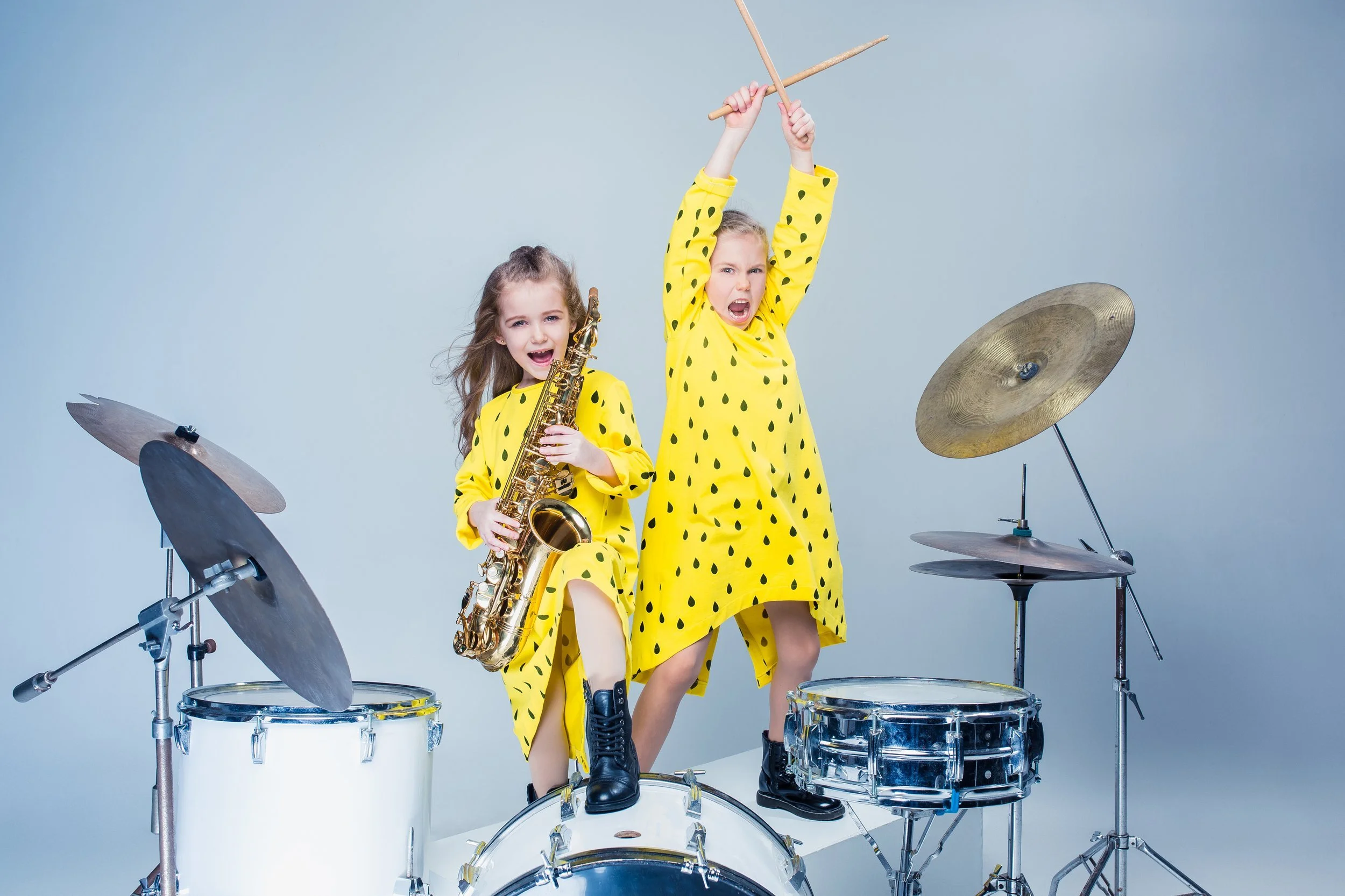
Does Genre Make a Difference? Classical Orchestra/Popular Band Musicians’ Motivation, Self-Efficacy, and Practice Experiences’ Effects on Deliberate Practice
Schmidt, S., & Gruber, H. (2023). Does genre make a difference? Classical orchestra/popular band musicians’ motivation, self-efficacy, and practice experiences’ effects on deliberate practice. Psychology of Music, 51(1), 69–88. doi:10.1177/03057356221083699
-
Overview
The article highlights the similarities and differences between classical orchestra musicians’ music practice and popular (pop) music genre band musicians’ practice. A key takeaway is that professional musicians in both genres utilize deliberate practice strategies as individuals and within their ensembles. Some differences were: (a) professional classical orchestra musicians began studying their craft at much younger ages compared to pop musicians; (b) classical musicians were often guided by a teacher with predefined goals whereas pop musicians were guided by their peers within collaborative sessions; and (c) improvisation and casual “jamming” only appeared in pop music ensemble sessions and classical individual practice sessions.
One of the main research questions is: How do classical orchestra/popular band musicians at different professional levels (professional and nonprofessional) differ in their motivation, self-efficacy, individual practice, and collective practice? Again, the study did not highlight classical musicians playing classical music versus popular music, but the practice motivations of classical musicians and popular band musicians. -
Overview (continued)
Classical musicians were more extrinsically motivated when it came to practicing for ensemble (orchestra or chamber) experiences. Popular band musicians were extrinsically motivated to practice for the sake of concert performances. A demotivating factor for classical musicians was balancing cooperation with colleagues when it came to incompatibilities. Popular band musicians found themselves at odds with each other when some were focused on monetary profits while others were focused on the sake of making music.
Because most professional classical musicians began formal training/study at a younger age, this group felt it was necessary to practice deliberately and had greater awareness of their performance achievements - which could be a motivating factor as well as leading to higher sense of competition. Popular band musicians were more comfortable and less anxious about public performances. Popular band musicians also experienced greater democratic decision making whereas classical orchestras operate with hierarchized leadership organization. -
Alex's Riff
Classical musicians feel a lot more stress in collective practice, with their peers, knowing the system expectation and possible repercussions of making mistakes. Popular band musicians that were focused on their enterprise monetarily were stressed by goals of “making it” but did not stress about the music making/collaborative element. Why did the classical musicians in this study feel stressed about the collaborative music making part compared to the popular band musicians in this study? It seems that practicing, collaborating, musiking within the popular musician world is far more enjoyable than the classical music world. So my question for further discussion is, how are educators helping music students (in all genres) see a life of music making beyond the classroom that is enjoyable?